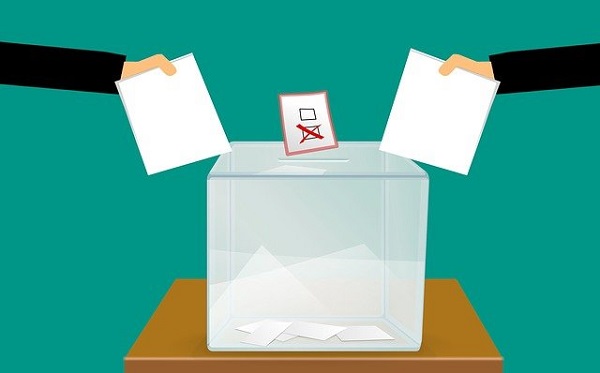 Credit: Pixabay
Credit: Pixabay
On Wednesday 17 April 2024, Luxembourg's Ministry of Family Affairs, Solidarity, Living Together and Reception of Refugees confirmed the final voter registration rates for the upcoming European elections.
Whilst Luxembourgish nationals were automatically registered, other eligible EU citizens had until 17:00 on Monday 15 April 2024 to register to vote in the European elections, which are taking place in Luxembourg on Sunday 9 June 2024.
To monitor the evolution of registrations on the electoral lists, the ministry has worked together with the Government IT Centre (CTIE) to obtain statistics on registrations broken down by certain individual characteristics and by municipality of residence. On Wednesday, the ministry made these statistics publicly available; it has also sent an information sheet with statistics to every municipality.
As of Monday 15 April, a total of 30,605 non-Luxembourgish EU nationals living in the Grand Duchy had registered to vote; the registration rate thus stood at 15.1%. The total figure includes 3,780 people who registered to vote during the "I can vote" campaign (i.e. between January and mid-April).
The overall figures are up from previous European election years: 23,243 people or 11.7% were registered in 2019; 21,650 or 12.2% in 2014; 17,579 or 11.5% in 2009. Further back, in 1994, the registration rate was 7.4% (6,907 people were registered).
The ministry recalled that it had launched the "I can vote" awareness campaign, together with the Liaison Office of the European Parliament in Luxembourg, in January 2024. The aim was to to inform non-Luxembourgish residents who come from an EU member state about their right to vote in the European elections and the need to register on the electoral rolls by the aforementioned deadline. The campaign also served to inform eligible voters about their choice of voting either for Luxembourg Members of the European Parliament (MEPs) or for MEPs in their country of origin.
The "I can vote" campaign included information stands at the Festival des Migrations and at the Biergerpakt Orientation day, as well as a digital campaign and advertisements on print and digital media, among other activities.








